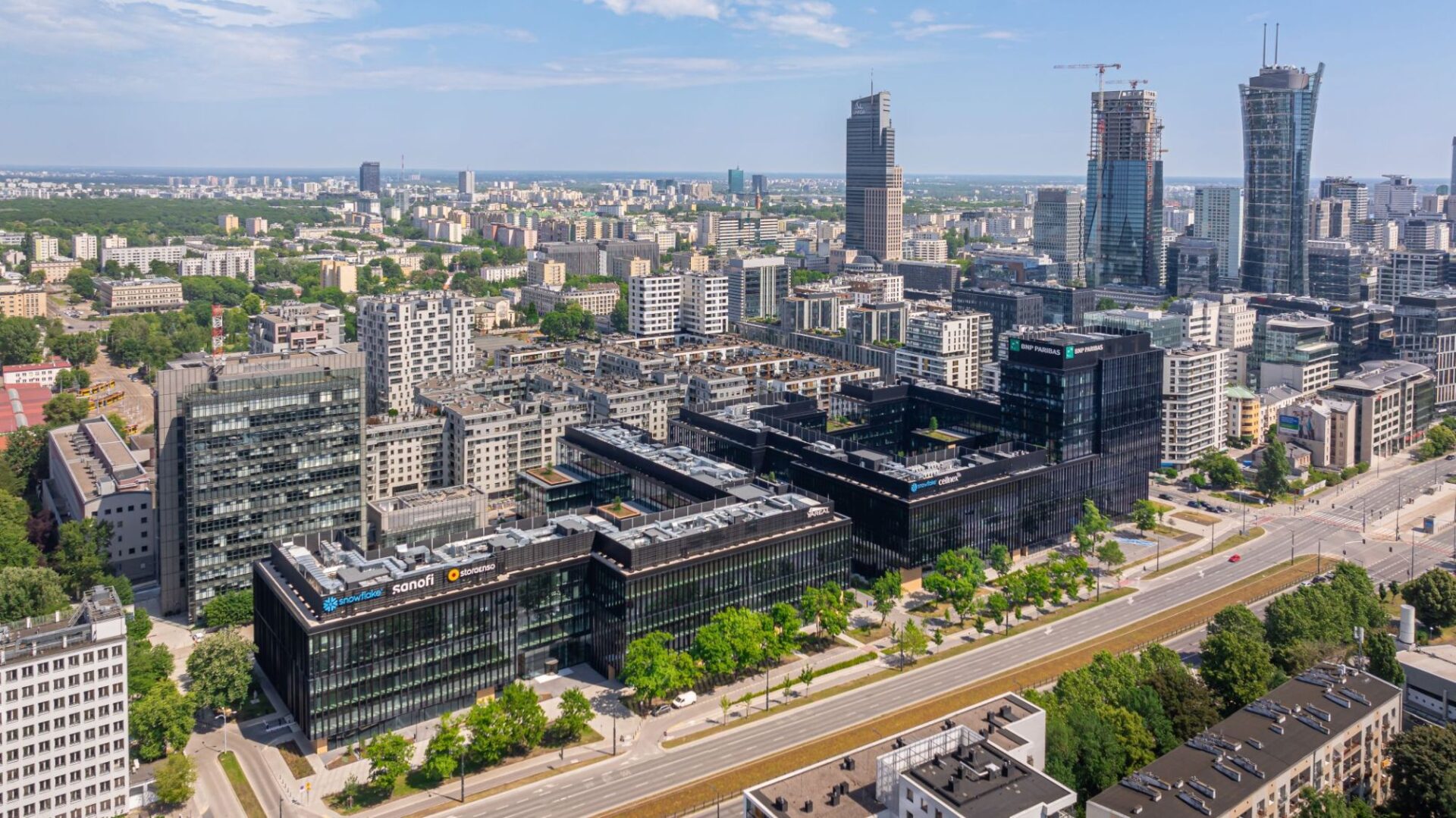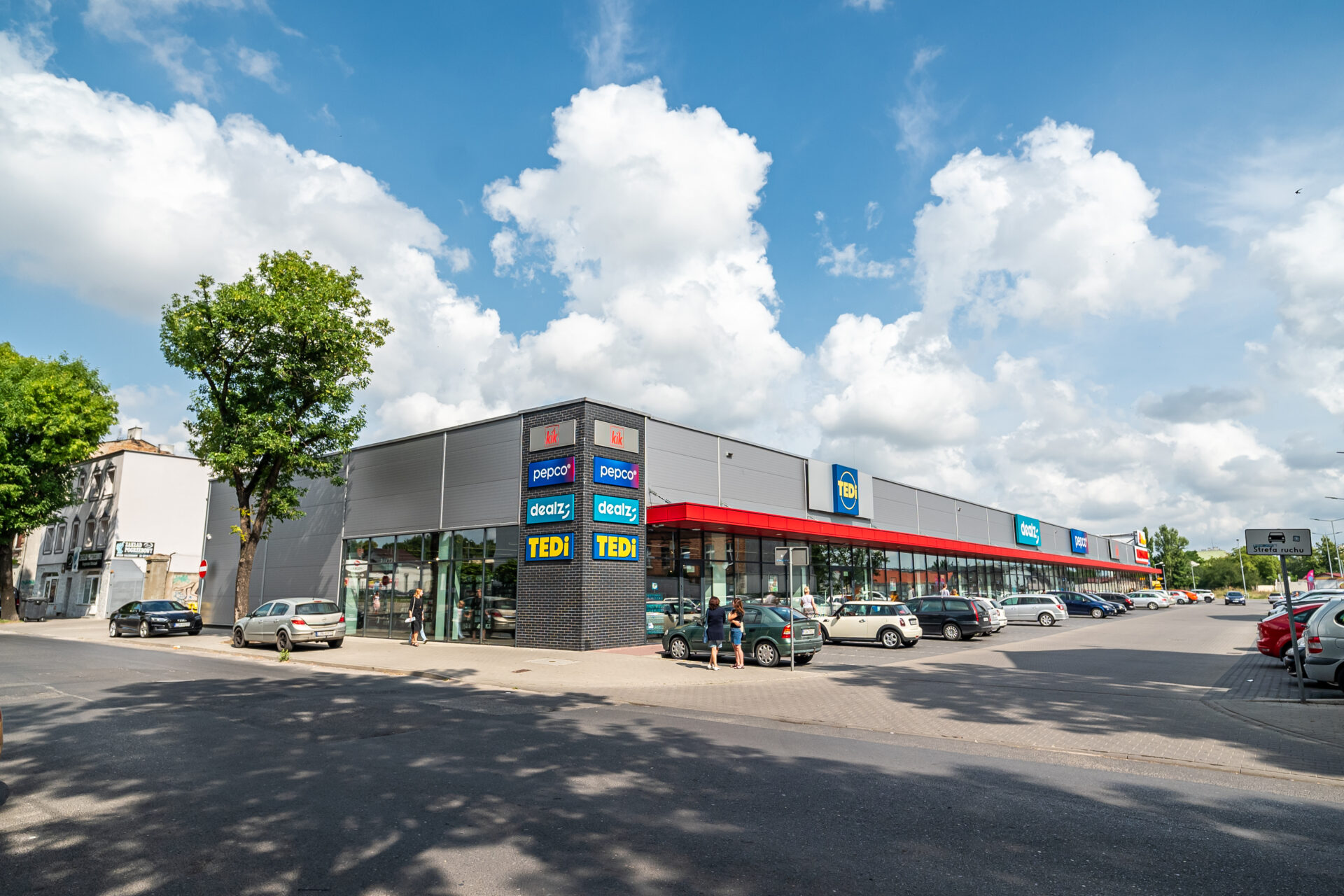Knight Frank released the “EMEA Data Centres Report for Q2 2024,” revealing a rapidly expanding data centre market across Europe. Despite facing economic headwinds, including high inflation, and sticky interest rates, the European data centre sector has demonstrated resilience, bolstered by substantial investments, cutting-edge technology, and strategic policy developments.
Investment Surge Across Europe
The European data centre market attracted around £1.8 billion in investment in the first half of 2024, marking a 168 percent increase compared to the same period in 2023. This growth underscores the sector’s appeal to global investors, particularly in major hubs like London, Frankfurt, and Paris.
London: Europe’s Leading Data Centre Market
London, the largest data centre market in Europe, continues to lead the region with a notable 9.9 percent increase in live IT capacity during H1 2024. This growth is driven by the completion of several new hyperscale facilities, further cementing London’s position as a top destination for data centre investments. One of the quarter’s most significant transactions included the £315 million acquisition of an industrial estate in West London, which is set to be developed into a new data centre.
Frankfurt: A Key Hub for Wholesale Colocation
In Frankfurt, another critical hub for wholesale colocation, the market saw a 7.4MW increase in live IT capacity during Q2 2024. While the take-up rate slowed temporarily due to delays in new space arrivals, demand remains robust. Several projects are already in the pipeline, promising to bolster Frankfurt’s capacity shortly, ensuring its continued significance in the European data centre landscape.
Amsterdam: Growth Stifled Post-Moratorium
Following on from the data centre moratoriums introduced in 2019 and 2022, which brought a wave of stringent regulations related to data centre development, growth in Amsterdam has struggled. Resultingly the market is expected to grow by less than 1% throughout 2024. In response, the development of new cloud regions has since begun shifting further north to the nearby markets of Middenmeer and Groningen.
Paris: A Major Emerging Hub
Despite falling behind its European counterparts in recent years, Paris is emerging as a major hub within the European data centre market, with 314.5MW of new projects announced in Q2 2024 alone. This surge is largely driven by significant investments from global cloud providers and tech giants, which have established new cloud regions in the area. Additionally, Paris saw a 44.4MW increase in live IT capacity during the first half of the year, further reinforcing its role as a key player in the broader European market.
Dublin: Continued Growth Amid Hyperscale Demand
Dublin’s data centre market also demonstrated strong growth, adding 50MW of live IT capacity during H1 2024. This expansion – fuelled by ongoing demand from hyperscale providers, with over 100MW of capacity currently under construction – solidifies Dublin’s position as a critical location for operators looking to meet the expanding needs of both European and global markets.
Madrid: Strategic Connections and Sustainability
Madrid has become an increasingly attractive destination for data centre investment, with 38.4MW of live capacity added in H1 2024. The city’s strategic position, which connects Europe to Latin America, combined with the availability of renewable energy sources, makes it a sustainable and strategic choice for new data centre developments.
Stockholm: Europe’s Leading Nordic Market
Stockholm is the largest market in the Nordic region, registering significant growth in recent years with hyper-scalers utilising the market’s highly resilient energy network, political stability, and cooler climate. The market has attracted investment and deployment from the major global cloud service providers – Amazon Web Services, Google Cloud, Microsoft Azure – as well as from smaller provider Oracle. US tech giant Meta has one of its largest non-US-based facilities here, servicing 97MW of computing capacity.
Emerging Trends and Technological Innovations
The report also highlights the adoption of innovative technologies across Europe’s data centres. With traditional power grids under pressure, operators are increasingly exploring alternative power solutions, including fuel cells, gas turbines, and even the potential for small modular nuclear reactors (SMRs) in the future. These technologies are particularly relevant in regions such as London, where grid power constraints pose significant challenges to further expansion.
Furthermore, the UK government’s recent amendments to the National Planning Policy Framework (NPPF) have provided a supportive environment for data centre growth, emphasising the strategic importance of digital infrastructure in the national economy.
Future Outlook
The European data centre market is expected to continue its strong growth trajectory. With over 1,800MW of capacity under construction across the continent, the market is well-positioned to meet the growing demand for digital services. Secondary markets, such as Milan, Oslo, and Berlin, are also expected to see increased activity as operators seek to diversify their portfolios and tap into emerging opportunities.
Stephen Beard, Global Head of Data Centres Development & Investment at Knight Frank, commented, “Across Europe and over the next 12 months, we are anticipating a monumental wave of next-generation AI demand albeit supply will be tempered given the dearth of available high voltage power. The winners will be those that can utilise alternative power solutions with earlier demand-only connection dates and the losers will be those that promote and secure consents for new value add Cloud & AI developments in spurious & remote locations without recognising that fibre connectivity is just as important as power availability.”







